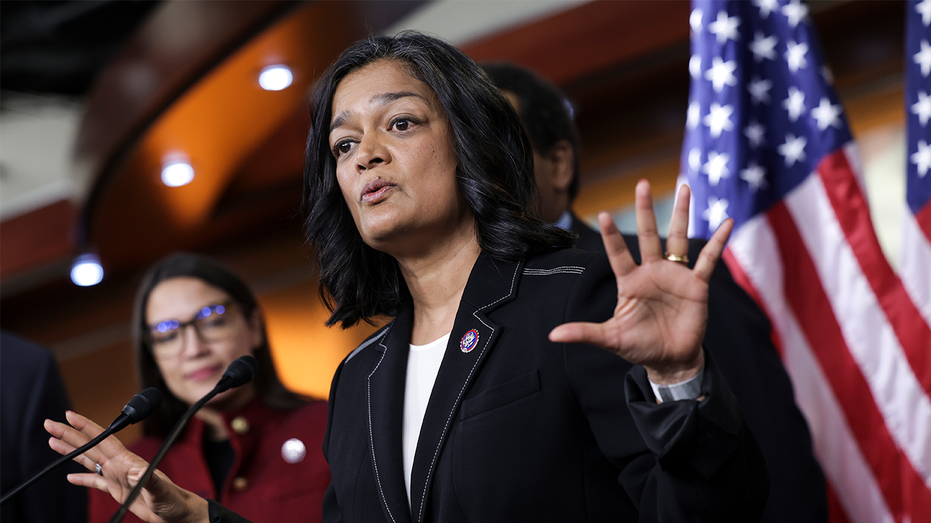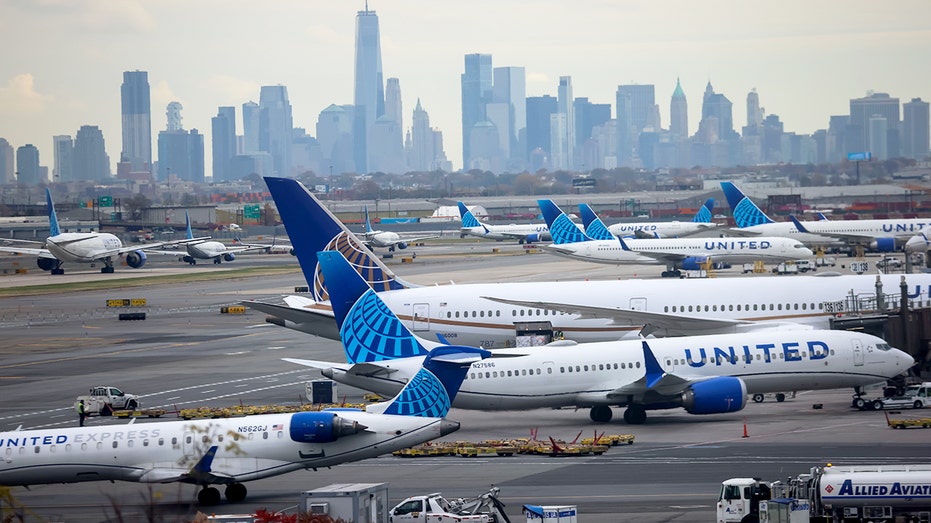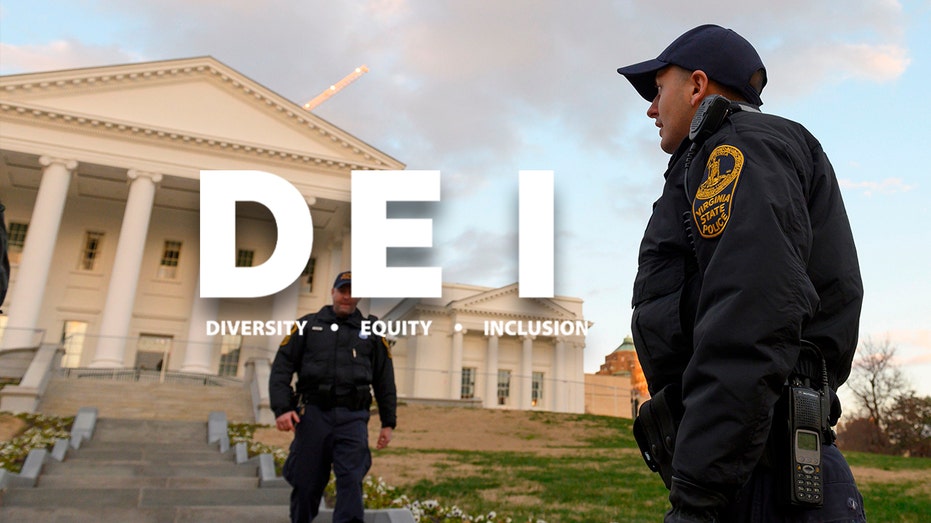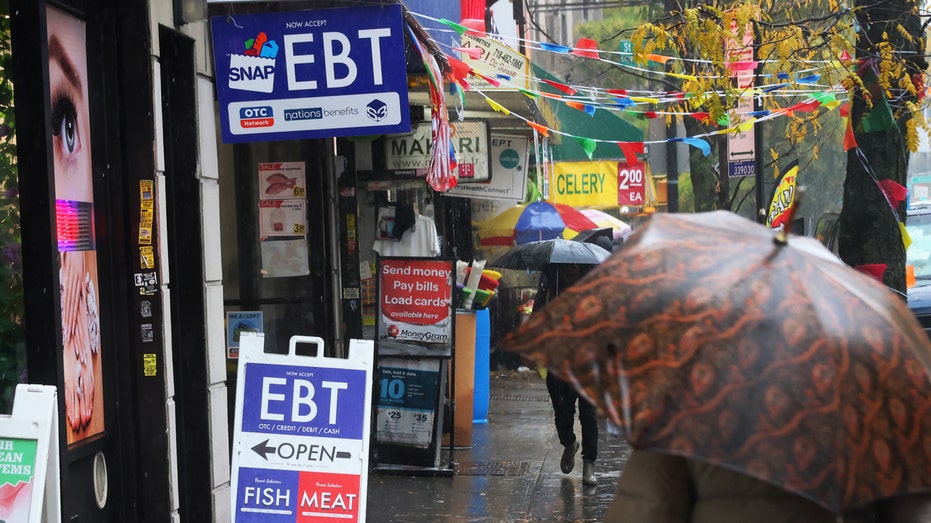A tense standoff in Washington unfolded as Representative Pramila Jayapal staunchly defended the Democratic party’s current leadership, even as whispers of a generational shift grew louder. The backdrop to this internal debate? A crippling government shutdown and a looming crisis over healthcare access for millions of Americans.
Jayapal’s comments arrived shortly after former Speaker Nancy Pelosi announced she wouldn’t seek reelection in 2027, a move widely interpreted as a signal of changing tides. Yet, Jayapal insisted the immediate priority remained resolving the shutdown and safeguarding vital healthcare programs, emphasizing the real-world consequences for struggling families.
The congresswoman skillfully deflected direct questions about the calls for older leaders to make way for new voices, instead focusing blame squarely on Republicans for the ongoing impasse. She argued that the public already understood who was responsible for the crisis, referencing comments made by former President Trump.
Recent electoral victories offered a glimmer of hope for Democrats, with a Democratic socialist winning the mayoral race in New York City and a Democrat securing the governorship of New Jersey. Crucially, voters in California also approved a key ballot measure, and Democratic justices retained their seats on the Pennsylvania Supreme Court.
However, these successes didn’t silence internal criticism. Senator Bernie Sanders publicly challenged the party leadership, pointing to a perceived lack of support for progressive candidates in key races. He argued that defending the status quo was no longer a viable path forward.
Jayapal countered this sentiment, asserting that the American people had clearly voiced their desire for progress through their votes. She framed the recent elections as a mandate to continue fighting against what she termed “Republican cruelty” and to prioritize the needs of everyday citizens.
The core of the battle, according to Jayapal, was healthcare. She emphasized the urgent need to prevent cuts and preserve access to affordable insurance, framing it as a fundamental obligation to the American people. Democratic leaders had directly appealed to the opposing party to engage in meaningful negotiations.
The shutdown’s impact extended beyond healthcare, with funding for essential programs like SNAP also lapsing, leaving vulnerable populations at risk. Despite multiple proposals from Republicans, Congress remained deadlocked, unable to forge a compromise that would alleviate the growing crisis.
The situation underscored a critical moment for the Democratic party – a time for both internal reflection and resolute action. The pressure to deliver on promises of progress, coupled with the immediate needs of a nation facing hardship, demanded a unified and determined response.






